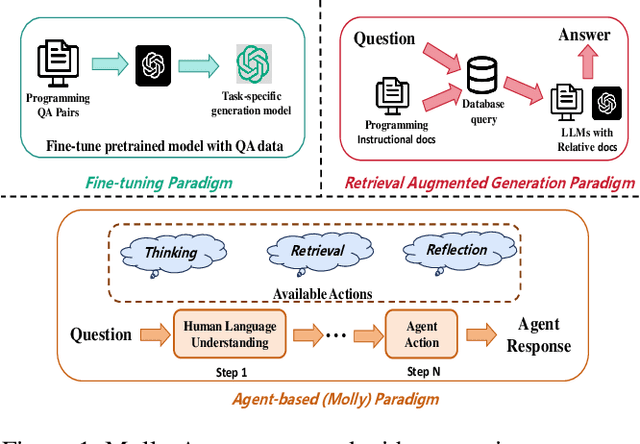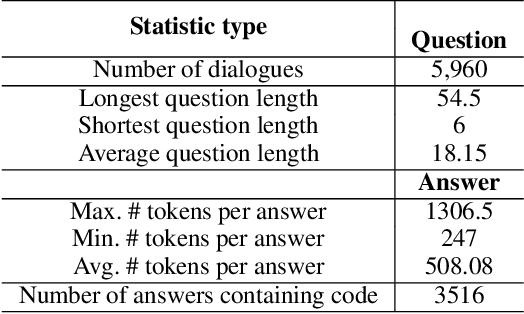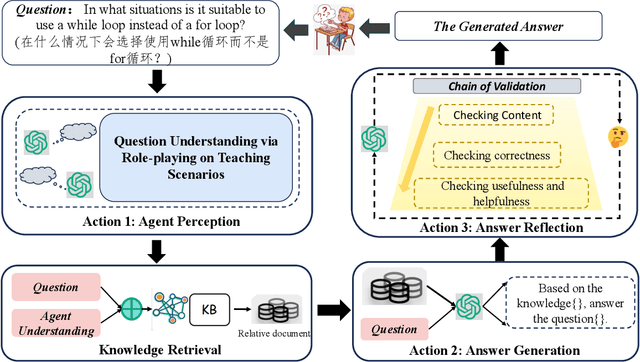Molly: Making Large Language Model Agents Solve Python Problem More Logically
Paper and Code
Dec 24, 2024



Applying large language models (LLMs) as teaching assists has attracted much attention as an integral part of intelligent education, particularly in computing courses. To reduce the gap between the LLMs and the computer programming education expert, fine-tuning and retrieval augmented generation (RAG) are the two mainstream methods in existing researches. However, fine-tuning for specific tasks is resource-intensive and may diminish the model`s generalization capabilities. RAG can perform well on reducing the illusion of LLMs, but the generation of irrelevant factual content during reasoning can cause significant confusion for learners. To address these problems, we introduce the Molly agent, focusing on solving the proposed problem encountered by learners when learning Python programming language. Our agent automatically parse the learners' questioning intent through a scenario-based interaction, enabling precise retrieval of relevant documents from the constructed knowledge base. At generation stage, the agent reflect on the generated responses to ensure that they not only align with factual content but also effectively answer the user's queries. Extensive experimentation on a constructed Chinese Python QA dataset shows the effectiveness of the Molly agent, indicating an enhancement in its performance for providing useful responses to Python questions.
 Add to Chrome
Add to Chrome Add to Firefox
Add to Firefox Add to Edge
Add to Edge